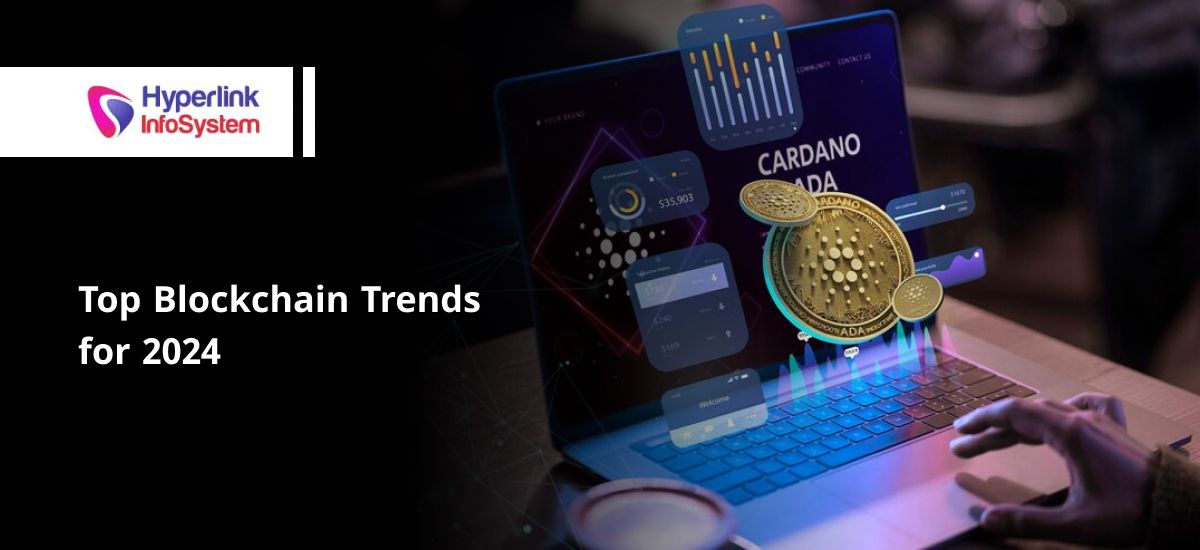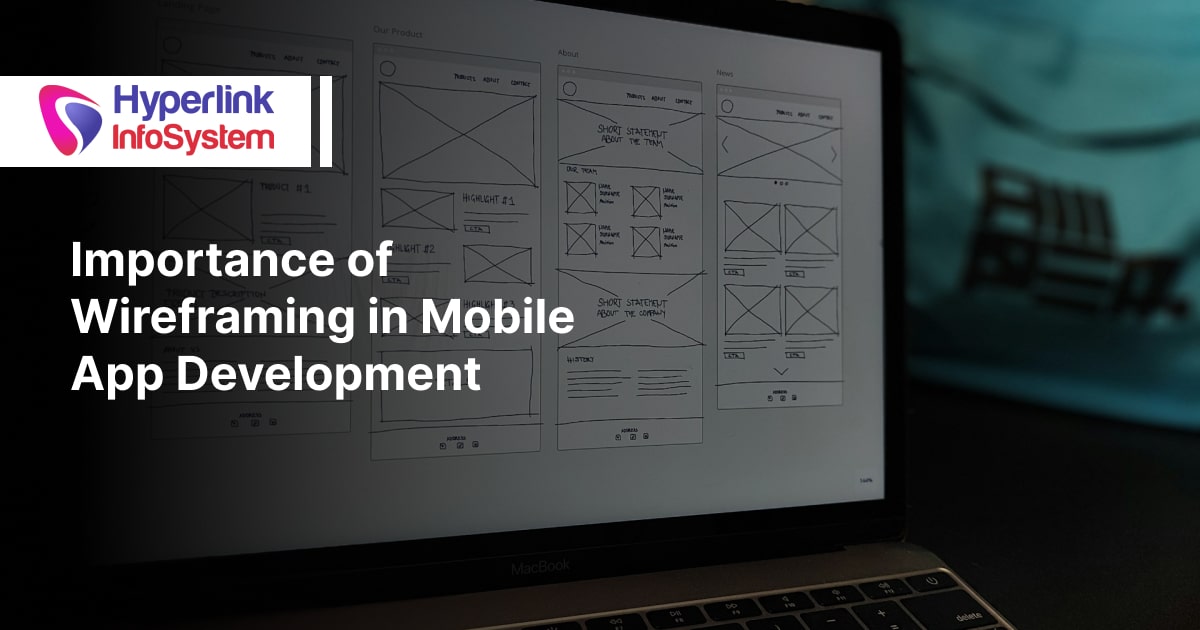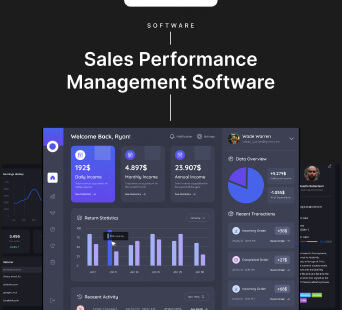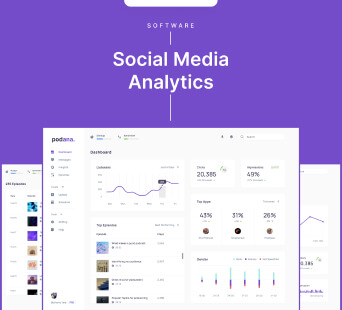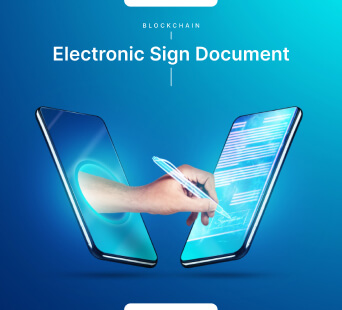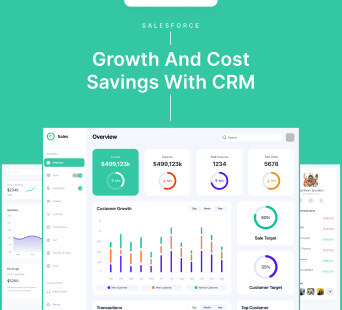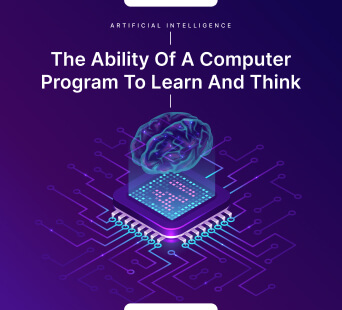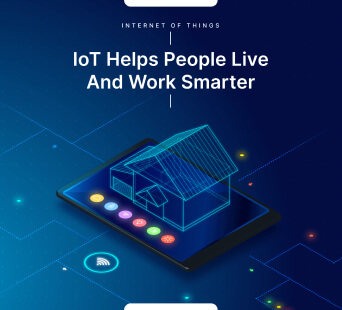In the digital age, where trust and security are supreme, blockchain technology has emerged as a revolutionary force, crafting the way we perceive and conduct transactions. Originating as the underlying architecture for cryptocurrencies, particularly Bitcoin, blockchain has transcended its initial purpose and found applications across diverse industries. Hire blockchain developers to build the architecture of blockchain systems.
Blockchain is a distributed and dispersed ledger technology that permits multiple parties to have a secure and see-through record of transactions without the need for a central authority.
Significant Aspects of Blockchain
Decentralization
Blockchain operates on a peer-to-peer network, where each participant in the network (node) has access to the entire database and its complete history. No single participant controls the system or the information.
Distributed Ledger
The ledger, or record of transactions, is distributed across all contributors in the network. Each contributor has an individual copy of the register. This distribution guarantees transparency and helps in avoiding fraud.
Immutability
Once a block is added to the blockchain, altering it is tremendously tough. This immutability is attained by complete cryptographic hashing and the consensus mechanism used in the system. Find a blockchain development company applicable to you for your blockchain development.
Transparency
All contributors in a blockchain network can view the entire history of transactions. This transparency can enhance trust among parties involved in a transaction.
Blockchain's Effect Beyond Cryptocurrency
While blockchain started with cryptocurrencies, its applications have expanded to various industries. It is used in supply chain management, healthcare, finance, voting systems, and more, offering enhanced security, transparency, and efficiency.
Blockchain technology has the potential to revolutionize how data and transactions are managed across various sectors, offering a new level of trust and efficiency in a decentralized and clear environment.
Let's Delve Deeper into the Top Blockchain Trends for 2024
1) Increased Incorporation with Traditional Systems
Blockchain's incorporation with traditional systems will likely spread beyond its existing applications. Industries such as finance, logistics, and healthcare may witness more comprehensive adoption of blockchain solutions to enhance operational efficiency and transparency.
2) Widespread Adoption of Decentralized Finance (DeFi)
The decentralized finance space, which provides financial services without the need for traditional intermediaries, is poised for continued growth. Expect to see more diverse and sophisticated DeFi applications catering to a broader range of financial activities.
3) Interoperability between Blockchains
Efforts to improve interoperability between different blockchain networks will facilitate more seamless data transfer and collaboration. This could lead to a more interconnected blockchain ecosystem, where numerous platforms can interact and share information.
4) Integration of Artificial Intelligence (AI) and Blockchain
The synergy between AI and blockchain is likely to increase. This collaboration can affect more protected data management, improve confidentiality features, and increase automation of processes through the incorporation of smart contracts and AI algorithms. Hire app developers to know nook and corner about blockchain.
5) Role of Blockchain in Supply Chain Management
Blockchain's role in enhancing transparency and traceability in supply chain management is expected to expand. The technology may be increasingly utilized to combat matters like counterfeit products, ensuring a more protected and efficient supply chain.
6) NFT Innovation and Expansion
Non-fungible tokens (NFTs), known for their association with digital art, are expected to find applications beyond the art world. This could include the gaming industry, virtual real estate, and the tokenization of various forms of intellectual property.
7) Blockchain in Healthcare
Blockchain's potential in healthcare may be realized more prominently, with secure and interoperable results for health data management. This could lead to better-quality patient outcomes and streamlined healthcare processes.
8) Green Blockchain Solutions
Environmental concerns may drive the expansion and adoption of more sustainable blockchain solutions. This could involve the exploration of eco-friendly consensus mechanisms and energy-efficient blockchain networks to address the eco-friendly impact associated with traditional blockchain platforms.
9) Government Adoption of Blockchain
Governments worldwide may discover and implement blockchain solutions for public services, such as secure voting systems, transparent public records, and efficient identity management. This could contribute to improved trust in government processes.
10) Enhanced Privacy Features
As privacy concerns continue to grow, blockchain solutions with advanced privacy features, such as zero-knowledge proofs, may increase in importance. Users and businesses could benefit from heightened security and confidentiality in their transactions.
11) Tokenization of Assets
Traditional assets like real estate, art, and even intellectual property may undergo further tokenization. This trend enables fractional ownership, increasing liquidity and accessibility to a broader range of investors.
12) Blockchain in Identity Management
Blockchain's immutability and security features make it a promising candidate for secure identity management. Expect developments in blockchain-based solutions that reduce identity theft and provide individuals with more control over their personal information. blockchain development is a tough nut. So choose a reliable blockchain development company for you.
13) Evolution of Blockchain Standards
The establishment of industry-wide blockchain standards will facilitate greater collaboration and interoperability. As the technology matures, standardized protocols can streamline the development and integration of blockchain solutions across different sectors.
14) Decentralized Autonomous Organizations (DAOs)
Decentralized Autonomous Organizations, governed by smart contracts and voted on by token holders, may become more prevalent. These organizations operate on transparent and decentralized principles, allowing for collective decision-making and resource allocation.
15) Blockchain Education and Talent Development
With the increasing demand for blockchain expertise, there will likely be a greater emphasis on education and talent development. Educational programs and initiatives focused on blockchain development and implementation may see increased support and participation. If you do not have enough knowledge about the functionality of blockchain, hire dedicated blockchain developers to work for you.
While blockchain technology holds great promise, it's important to note that widespread adoption and overcoming challenges such as scalability and regulatory issues are still ongoing processes. As technology matures, its potential to make life easier in various domains continues to grow. To get above everything done go for
blockchain development companies that can maintain your blockchain algorithm for you.
Conclusion
In summary, the blockchain landscape in 2024 is anticipated to be characterized by an expansion of applications, increased collaboration between blockchain and other technologies, and a growing emphasis on sustainability and privacy.
Hiring dedicated blockchain developers can cost you an arm and a leg. But in the market of numerous developers find someone who can fit into your budget. Staying informed about these trends will be essential for businesses, blockchain developers, and enthusiasts navigating the evolving blockchain ecosystem.
